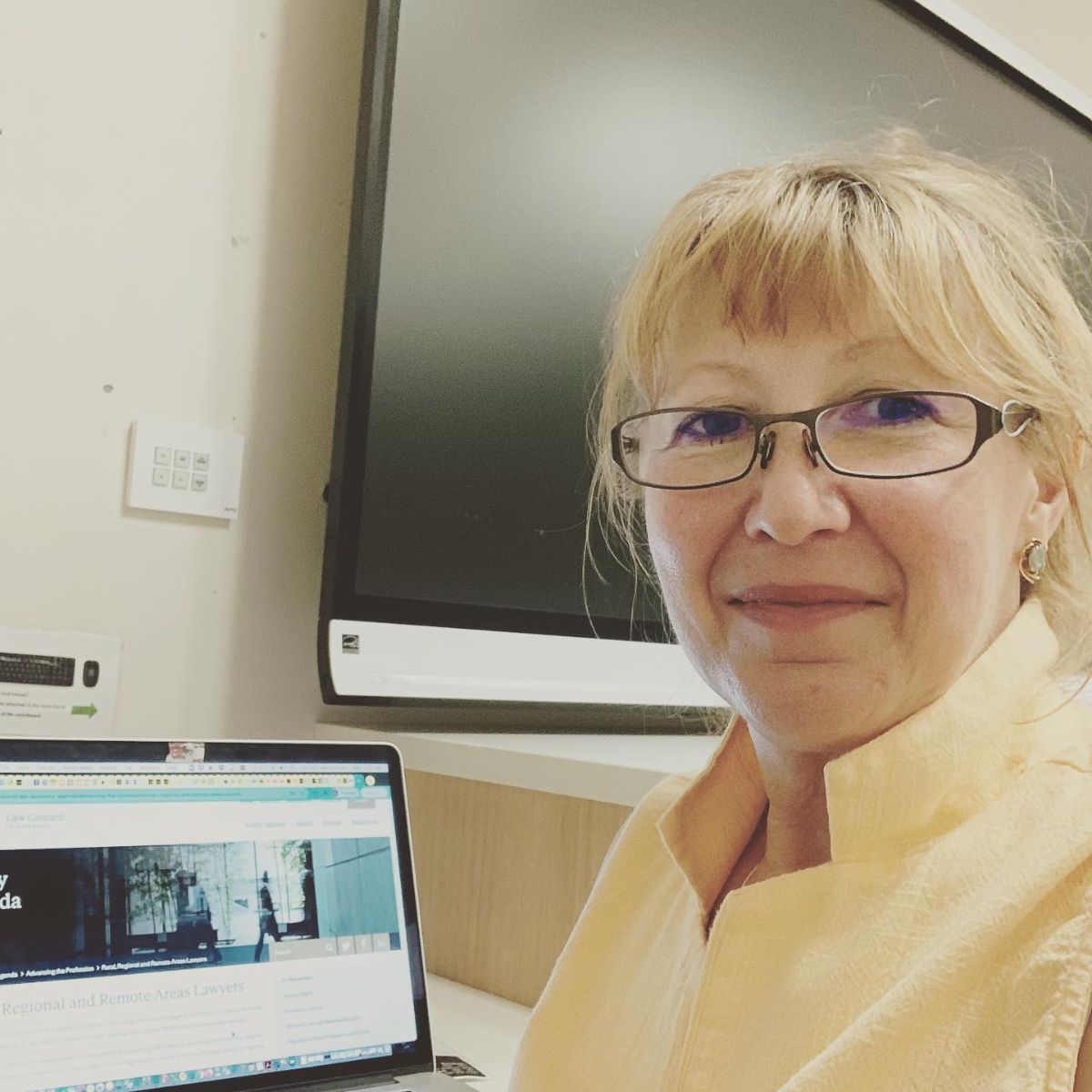A recent Australian High Court decision is “chilling news” for administrators of social media sites and anyone who values freedom of speech in Australia, according to a UNE law expert.
Last month, the High Court ruled that any organisation that hosts or facilitates online or social media content – that’s thousands across the country – may be held liable for defamatory comments made by the public. UNE law lecturer Lisa Ward believes this is likely to impact our ability to openly discuss issues online and potentially challenges our democratic rights.
“Not only does it leave site administrators vulnerable to a defamation claim as the ‘publisher’ of such comments; it also threatens free expression,” Lisa says.
“The judgement serves as a warning to anyone who manages posts on any social media platform (such as Facebook, Twitter, Instagram, LinkedIn, etc) that allows readers to comment. They should actively monitor comments and take them down immediately if they could be construed as defamatory. Of course, reviewing and deleting comments 24/7 will be onerous, not only because administrators will have to assess for themselves what might be considered defamatory, but also because of the sheer reach of some social media pages.”
'It could limit genuine dialogue'
It's a very topical subject, especially given recent high-profile defamation cases brought by Federal MP and former Attorney-General Christian Porter against the ABC and NSW Deputy Premier and Nationals leader John Barilaro against media outlets and commentators, including the Friendly Jordies.
Instagram and Facebook now allow publishers to switch off or limit comments on posts, and Twitter allows users to restrict comments. In recent days, CNN closed its Australian Facebook page in response to the High Court ruling.
Lisa fears it may lead site administrators to disable comment functions altogether in order to prevent any possibility of unintended defamation, thereby compromising the important function of public debate.
“It’s a decision with far-reaching, negative implications, which could limit engagement and genuine dialogue between users and limit the public’s right to access news,” she says. “Most people today consider social media as something akin to the town square, where they can speak freely on any issue. We certainly don’t want to get to the point that China has, where people are forbidden from expressing their views publicly.”
Brave New World?
Making the publisher accountable for defamatory comments posted online, and not the individual who made the comments, is, in Lisa’s view, counter to rights we should have in a free liberal democracy.
Social media is not only about soliciting comments that an organisation agrees with; it is about generating discussion.
“Social media is not only about soliciting comments that an organisation agrees with; it is about generating discussion,” she says. “Sites are intended to encourage open dialogue and public commentary, but now we are seeing bots getting involved in vetting content, and the introduction of filters capable of intercepting offensive and potentially defamatory material. This is a move to strengthening social control.”
If comment functions are disabled on social media pages, then it also threatens to render them redundant. “It could take us back to the old days, where letters to the editor were screened and a person’s opinions shut down by publishers who held different opinions,” Lisa says. “What sort of society do we want to live in? Are we marching blindly into a ‘Brave New World’ without anyone noticing?
“The fear of being sued could make site administrators very cautious about allowing any public commentary, and there is certainly scope for total filtering of public opinions. If people aren’t allowed to post negative comments, then no-one sees them, and it may not be obvious to the public that their personal liberty to comment has been lost. We seem to be moving towards greater controls under the guise of a free democracy. The only avenues for the public to express opinion could be demonstrations, which police can shut down.”
Watch this space
While the High Court decision might soon be sending shockwaves through online communities, defamation laws across Australia trump the judges’ ruling. Lisa urges legislative reform.
“The High Court decision can’t be left to stand,” she says. “Australian governments need to urgently change our laws to align defamation and social media legislation with other modern liberal democracies,” she says. “It will be interesting to see the effects of this case on future defamation actions against social media sites and changes being mooted to the Defamation Act.”
In the meantime, Lisa has some sage advice for all site administrators, including small community pages and individuals.
“Closely monitor all comments posted on your sites and take down anything remotely defamatory, because a successful defamation case brought against you could see you lose everything,” she says.


